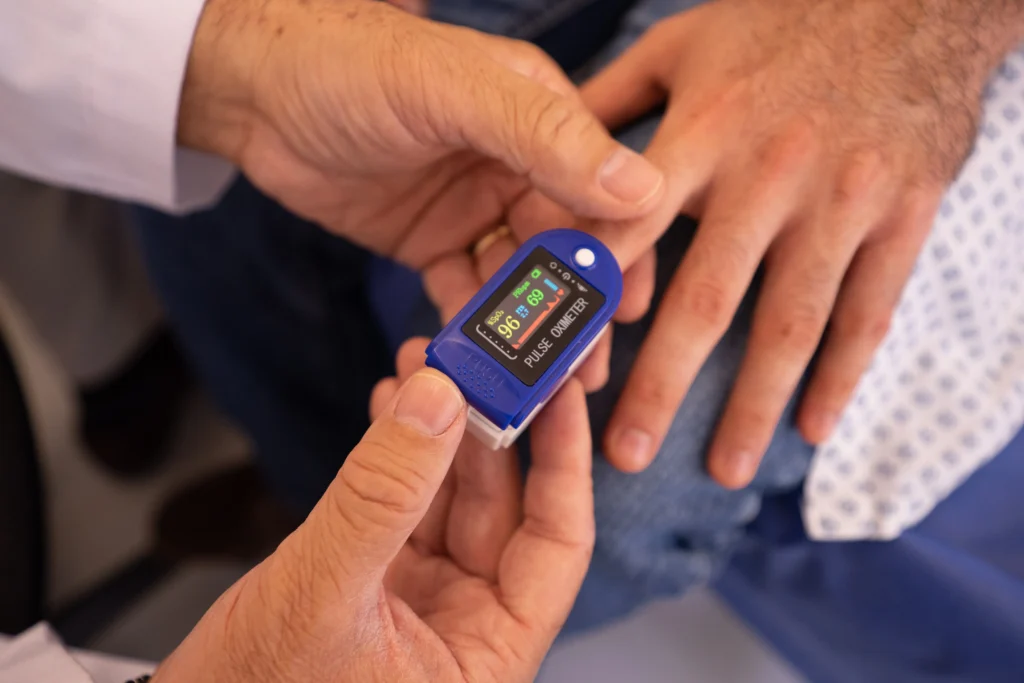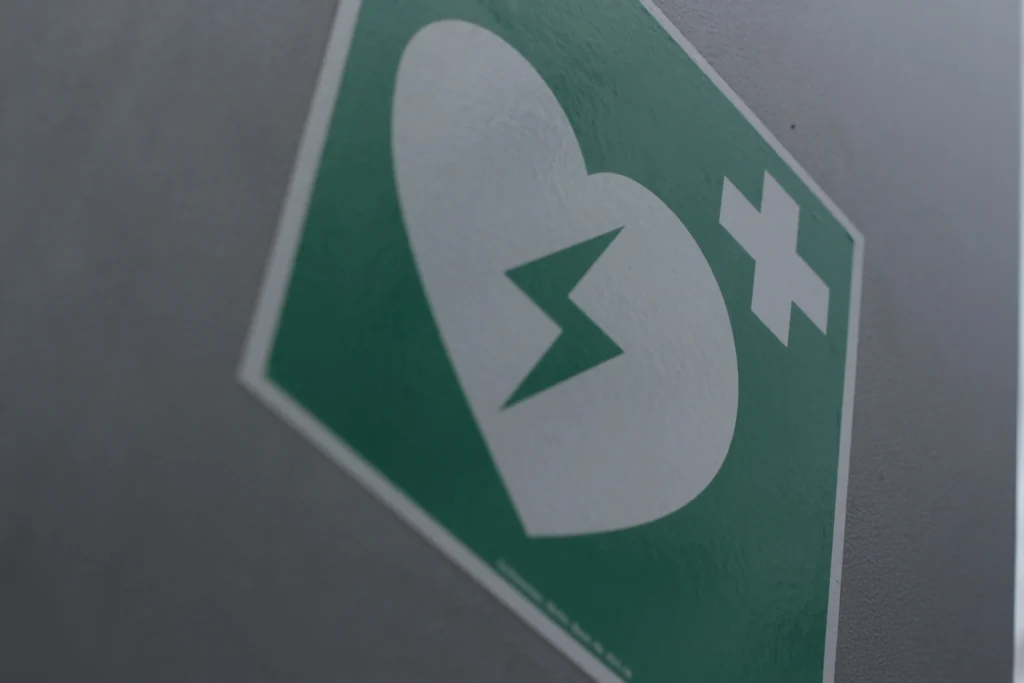Heart disease is a major health concern worldwide, and it is one of the leading causes of death in many countries. According to the World Health Organization (WHO), approximately 17.9 million people die each year from cardiovascular diseases, which include heart attacks, strokes, and other related conditions. The good news is that many heart diseases can be prevented or treated if detected early. Therefore, it is essential to be aware of the signs and symptoms that may indicate a heart problem.
Signs That You Might Have a Heart Problem
Heart disease is one of the leading causes of death worldwide. It is a condition that affects the heart and blood vessels, leading to reduced blood flow to vital organs such as the brain and lungs. The condition affects people of all ages, genders, and ethnicities, and it can be fatal if not detected and treated early.
In this article, we will discuss the ten signs that you might have a heart disease. It is important to note that while these signs might indicate the presence of disease, they do not necessarily mean that you have it. Therefore, it is essential to consult a doctor for a proper diagnosis.
Chest Pain
Chest pain is one of the most common signs of heart disease. This symptom occurs when you have difficulty breathing or feel like you cannot get enough air. It can occur in the center of the chest or on the left side and might feel like a tightness or pressure. The pain might also radiate to other parts of the body, such as the arms, back, and neck. If you experience chest pain, especially during physical activity, it is important to seek medical attention immediately.
Shortness of Breath
Shortness of breath is another sign. It can occur during physical activity or even at rest. You might feel like you are unable to catch your breath, and you might also experience wheezing or coughing. If you experience shortness of breath, it is important to consult a doctor to determine the underlying cause.
Fatigue
Fatigue is a common symptom of heart disease. You might feel tired even after getting enough rest, and you might also experience a lack of energy. If you experience fatigue, especially if it is accompanied by other symptoms such as chest pain or shortness of breath, it is important to seek medical attention.
High Cholesterol
High cholesterol is another risk factor for heart disease. This is a condition in which your blood has too much cholesterol, a fatty substance that can build up in your arteries and increase your risk of heart attack, stroke, or other related conditions. High cholesterol may not cause symptoms initially, but if left untreated, it can lead to serious health problems. Therefore, it is essential to monitor your cholesterol levels regularly and consult a healthcare professional if they are consistently high.

Swelling in the Legs, Ankles, or Feet
Swelling in the legs, ankles, or feet can be a sign of heart disease, especially if it occurs along with other symptoms such as shortness of breath or fatigue. The swelling might be due to the accumulation of fluid in the body, which can be caused by underlying disease. If you experience swelling, it is important to consult a doctor to determine the underlying cause.
Irregular Heartbeat
An irregular heartbeat, also known as arrhythmia, is another sign that you might have a cardiovascular issue. This symptom occurs when your heart beats too fast, too slow, or irregularly. An irregular heartbeat may be accompanied by other symptoms, such as dizziness, chest pain, or shortness of breath. If you experience an irregular heartbeat, you should consult a healthcare professional, as it could be a sign of a serious heart condition.
Nausea, Indigestion, or Heartburn
Nausea, indigestion, or heartburn may be signs of a cardiovascular problem, especially if they occur along with other symptoms such as chest pain, shortness of breath, or sweating. These symptoms may be caused by a blockage in the arteries that supply blood to the heart. If you experience nausea, indigestion, or heartburn along with other symptoms, you should seek medical attention immediately.
Pain in the Jaw, Neck, or Upper Back
Pain in the jaw, neck, or upper back can be a sign of heart disease, especially in women. This pain might occur during physical activity or at rest, and it might also be accompanied by other symptoms such as shortness of breath or chest pain. If you experience this pain, it is important to seek medical attention.
High Blood Pressure
High blood pressure, also known as hypertension, is a common risk factor for heart disease. This condition occurs when the force of blood against the walls of your arteries is too high, which can damage your blood vessels and increase your risk of heart attack, stroke, or other related conditions. High blood pressure may not cause symptoms initially, but if left untreated, it can lead to serious health problems. Therefore, it is essential to monitor your blood pressure regularly and consult a healthcare professional if it is consistently high.

Sweating
Sweating is a normal bodily function that helps regulate body temperature. However, excessive sweating, especially when it is accompanied by other symptoms, can be a sign of a heart problem. Some heart problems can cause sweating, such as heart failure, heart attack, and arrhythmias. In these cases, sweating may be accompanied by other symptoms such as chest pain or discomfort, shortness of breath, lightheadedness, and nausea.
Conclusion
In conclusion, heart disease is a serious health concern that can lead to life-threatening conditions such as heart attack, stroke, or heart failure. However, many heart diseases can be prevented or treated if detected early. Therefore, it is essential to be aware of the signs and symptoms that may indicate a heart problem. The ten signs discussed in this article include chest pain or discomfort, shortness of breath, fatigue, swelling, irregular heartbeat, high blood pressure, high cholesterol, nausea, indigestion, or heartburn, sweating, and family history of heart disease. If you experience any of these symptoms, you should seek medical attention immediately. Additionally, you can reduce your risk of heart disease by adopting a healthy lifestyle, such as eating a balanced diet, exercising regularly, maintaining a healthy weight, quitting smoking, and managing stress.